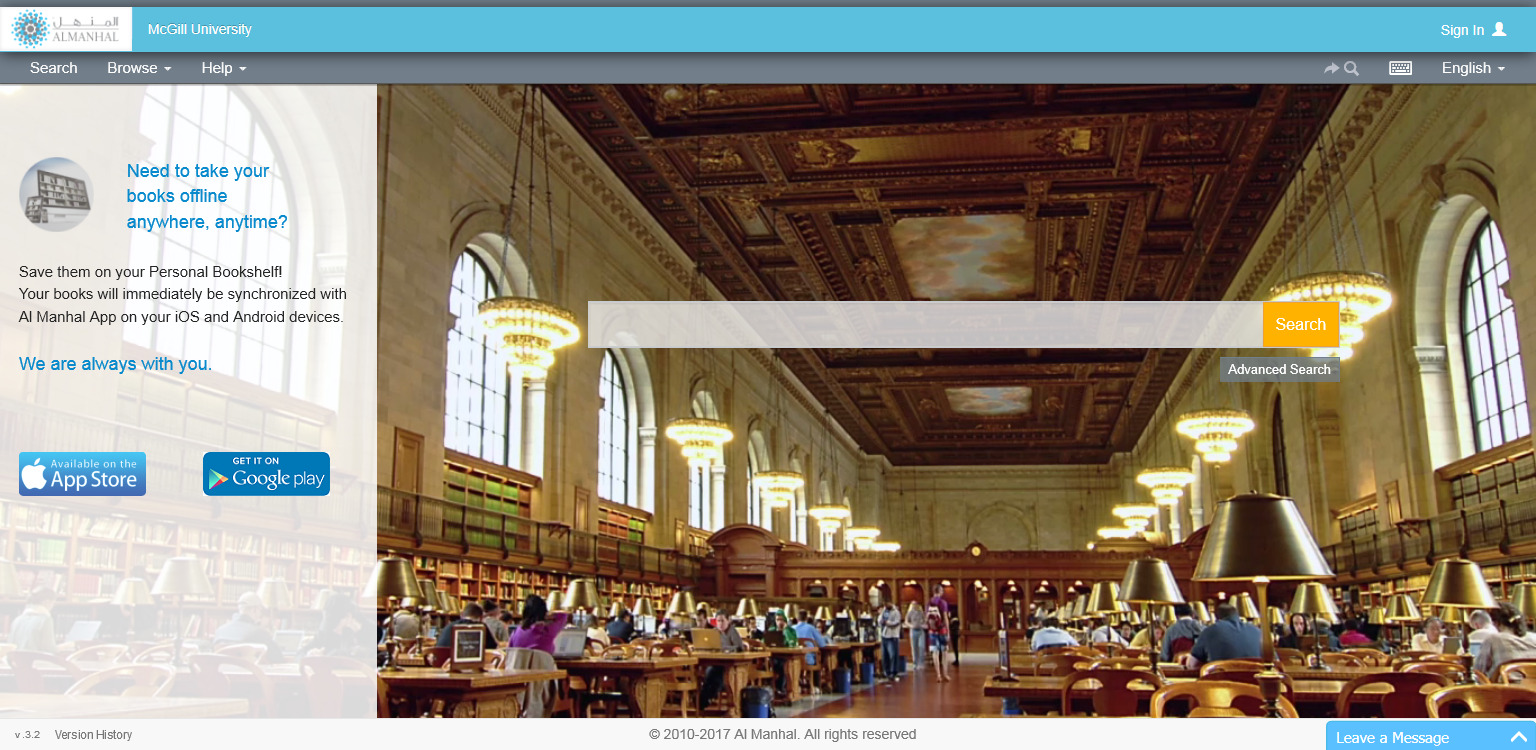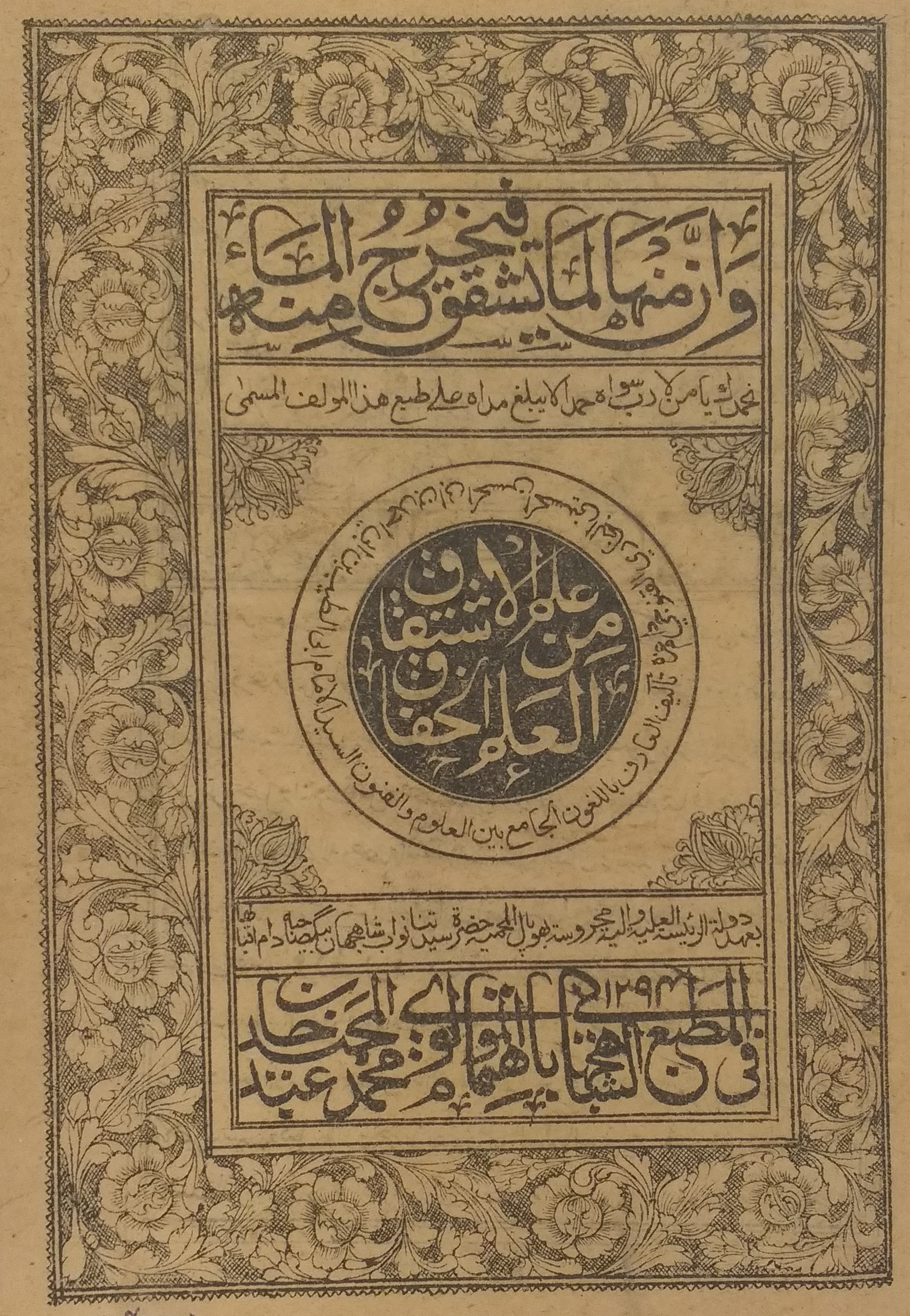 During the last decade, the field of Arabic and Islamic studies focused on the revaluation and rediscovery of an extensive amount of sources, mainly in manuscript form, that bear witness to hereto neglected aspects of Arabo-Islamicate cultural history. More specifically, the re-appreciation and the unprecedented analyses of these manuscript documents has fostered the reassessment of outdated narratives surrounding the evolution of various Islamic disciplines, such as linguistic sciences (al-ʿulūm al-lughawiyah), logic (manṭiq) and rational and philosophical theology (ʿilm al-kalām and ḥikmah), mathematical and astronomical sciences (al-riyāḍiyāt, ʿilm al-hayʾah), and Quranic exegesis (tafsīr) and legal methodology (uṣūl al-fiqh). Accordingly, scholars in these fields of the Islamic intellectual tradition are paying increasing attention to unveiling this manuscript tradition. However, the majority of these sources are not available in modern editions, and access to a considerable part of these manuscript forms can often be hindered by various kinds of obstacles. Scholars and researchers are therefore often forced to limit the range and scope of their research according to the accessibility of that manuscript heritage.
During the last decade, the field of Arabic and Islamic studies focused on the revaluation and rediscovery of an extensive amount of sources, mainly in manuscript form, that bear witness to hereto neglected aspects of Arabo-Islamicate cultural history. More specifically, the re-appreciation and the unprecedented analyses of these manuscript documents has fostered the reassessment of outdated narratives surrounding the evolution of various Islamic disciplines, such as linguistic sciences (al-ʿulūm al-lughawiyah), logic (manṭiq) and rational and philosophical theology (ʿilm al-kalām and ḥikmah), mathematical and astronomical sciences (al-riyāḍiyāt, ʿilm al-hayʾah), and Quranic exegesis (tafsīr) and legal methodology (uṣūl al-fiqh). Accordingly, scholars in these fields of the Islamic intellectual tradition are paying increasing attention to unveiling this manuscript tradition. However, the majority of these sources are not available in modern editions, and access to a considerable part of these manuscript forms can often be hindered by various kinds of obstacles. Scholars and researchers are therefore often forced to limit the range and scope of their research according to the accessibility of that manuscript heritage.
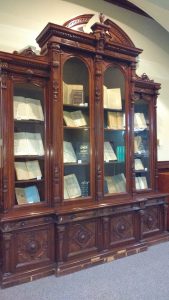
It is however less known that in between the 19th and the 20th centuries, a good amount of that manuscript heritage has been produced and circulated in the form of lithographed copies, mainly within madrasa networks in the Arab world. Lithography in the Arabo-Islamicate intellectual panorama was more welcomed than typography because of several religio-cultural and socio-economic reasons, and filled an important gap between the manuscript and printing tradition that would follow. Lithography was still tightly bound to traditional handwritten manuscript production while offering the advantages the printing technology. Many among the most relevant works on linguistic sciences, rational and philosophical theology, mathematical and astronomical sciences, Sufism and Quranic exegesis and juridical methodology, executed by professional scribes and supervised by trained scholars, have become the tools of the madrasa tradition. The tradition and the production of lithographed books has received little attention despite their number and relevance to the Islamic intellectual tradition Scholars and researches in the Arabo-Islamicate tradition are thus often unaware of not only the existence of lithography but also of their relative accessibility. Accordingly, a rigorous and thorough investigation into the tradition of the Arabic lithographed books will undoubtedly benefit many scholars in various fields of research.
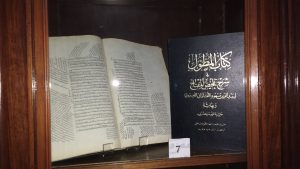 This exhibition is an attempt to highlight the richness and complexity of the lithographed book tradition and suggest the importance it can have in modern scholarship. It was curated by Giovanni Carrera, doctoral student at the Institute of Islamic Studies and Anaïs Salamon, Head of the Islamic Studies Library. The selection of titles has been possible thanks to the efforts of Dr. Adam Gacek, who first provided a description of the Islamic Studies Library’s collection of lithographed books at McGill University in his Arabic Lithographed Books in the Islamic Studies Library in 1996.
This exhibition is an attempt to highlight the richness and complexity of the lithographed book tradition and suggest the importance it can have in modern scholarship. It was curated by Giovanni Carrera, doctoral student at the Institute of Islamic Studies and Anaïs Salamon, Head of the Islamic Studies Library. The selection of titles has been possible thanks to the efforts of Dr. Adam Gacek, who first provided a description of the Islamic Studies Library’s collection of lithographed books at McGill University in his Arabic Lithographed Books in the Islamic Studies Library in 1996.
A Tradition in Transition: Lithography in Islamic Cultural History is accessible on the 1st floor of the Islamic Studies Library during opening hours.
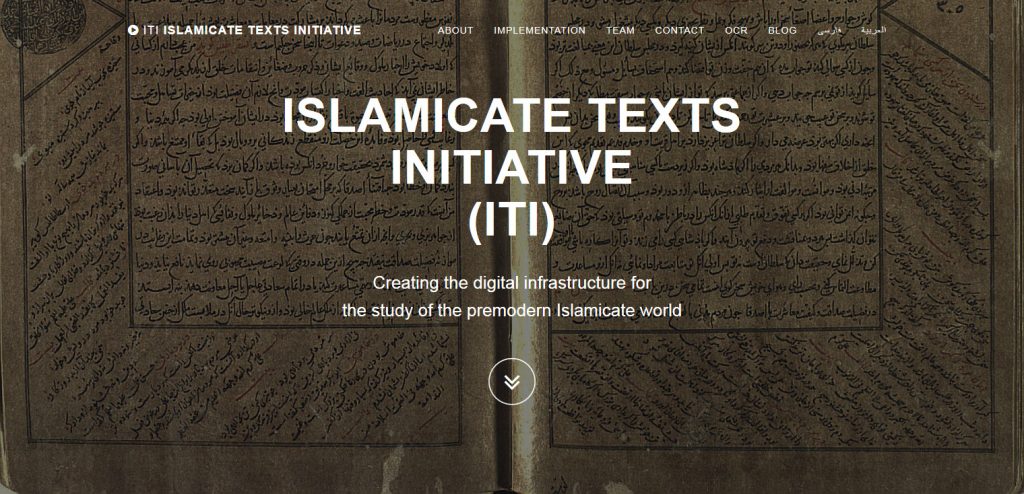 The Islamicate Texts Initiative (ITI) is a collaborative effort to construct the first machine-actionable corpus of premodern Islamicate texts.Led by researchers at the Aga Khan University (AKU), Universität Leipzig (UL), and the Roshan Institute for Persian Studies at the University of Maryland (College Park) and an interdisciplinary advisory board of leading digital humanists and Islamic, Persian, and Arabic studies scholars, ITI aims to provide the essential textual infrastructure in Persian and Arabic for new forms of macro textual analysis and digital scholarship. ITI is composed of three different projects:
The Islamicate Texts Initiative (ITI) is a collaborative effort to construct the first machine-actionable corpus of premodern Islamicate texts.Led by researchers at the Aga Khan University (AKU), Universität Leipzig (UL), and the Roshan Institute for Persian Studies at the University of Maryland (College Park) and an interdisciplinary advisory board of leading digital humanists and Islamic, Persian, and Arabic studies scholars, ITI aims to provide the essential textual infrastructure in Persian and Arabic for new forms of macro textual analysis and digital scholarship. ITI is composed of three different projects: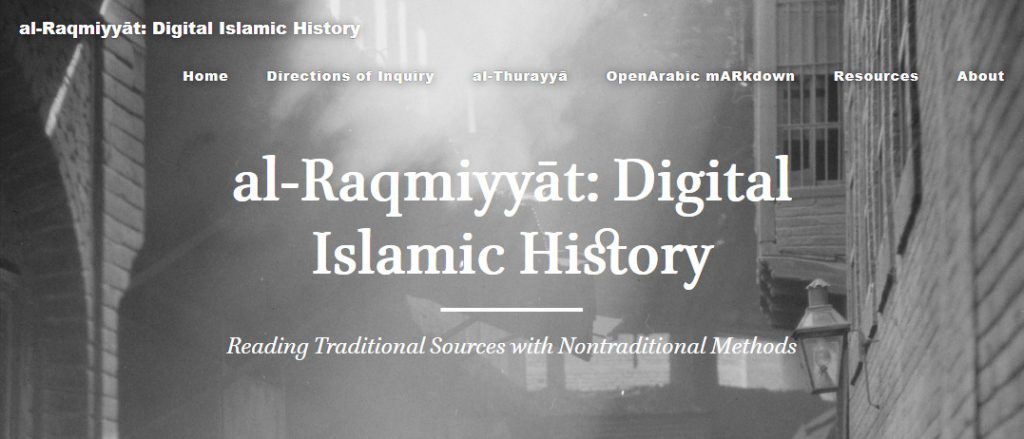 2. The Persian Digital Library is managed by Samar Ali Ata, Program administrative specialist and Assistant to the Director at Roshan Institute for Persian Studies at the School of Languages, Literatures, and Cultures; College of Arts and Humanities at the University of Maryland
2. The Persian Digital Library is managed by Samar Ali Ata, Program administrative specialist and Assistant to the Director at Roshan Institute for Persian Studies at the School of Languages, Literatures, and Cultures; College of Arts and Humanities at the University of Maryland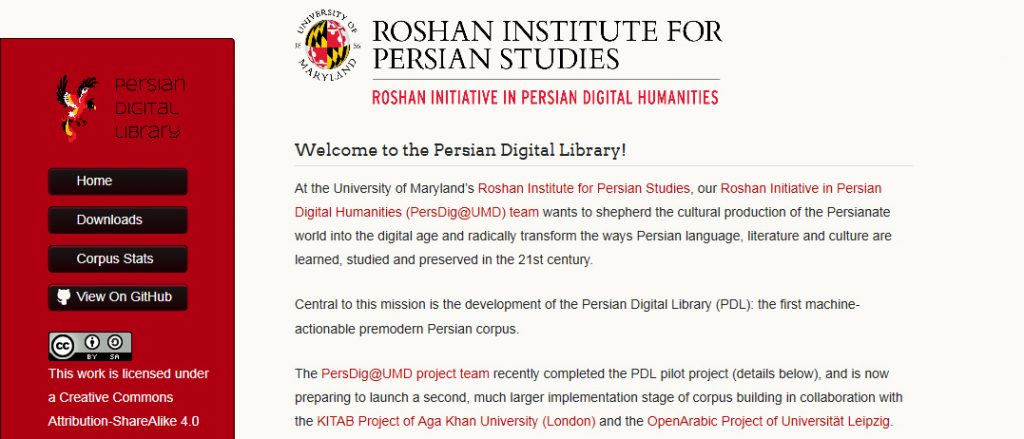 3. KITAB is led by Sarah Bowen Savant, Associate Professor at the Agha Khan University-ISMC who specializes on the cultural history of the Middle East and Iran ca. 600-1100. provides a digital tool-box and a forum for discussions about Arabic texts. Although KITAB is currently a closed community, the corpus and search tools can be used upon request.
3. KITAB is led by Sarah Bowen Savant, Associate Professor at the Agha Khan University-ISMC who specializes on the cultural history of the Middle East and Iran ca. 600-1100. provides a digital tool-box and a forum for discussions about Arabic texts. Although KITAB is currently a closed community, the corpus and search tools can be used upon request. 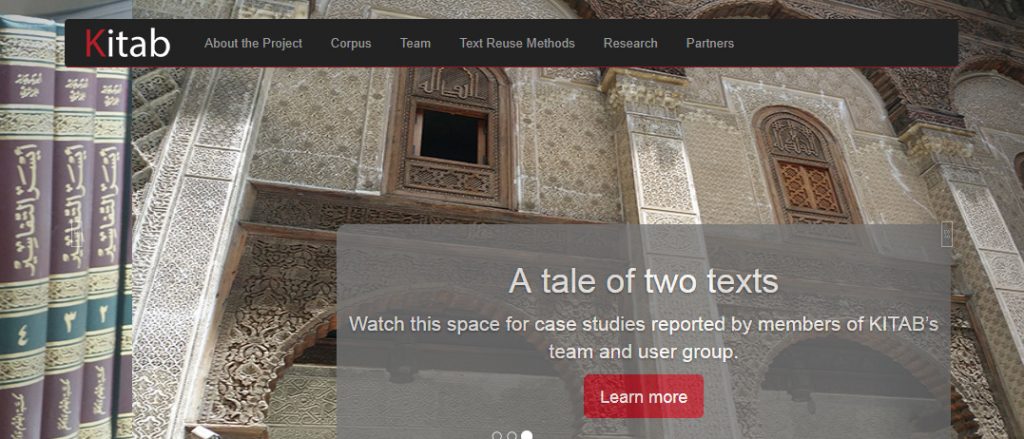




 This exhibition is an attempt to highlight the richness and complexity of the lithographed book tradition and suggest the importance it can have in modern scholarship. It was curated by Giovanni Carrera, doctoral student at the
This exhibition is an attempt to highlight the richness and complexity of the lithographed book tradition and suggest the importance it can have in modern scholarship. It was curated by Giovanni Carrera, doctoral student at the 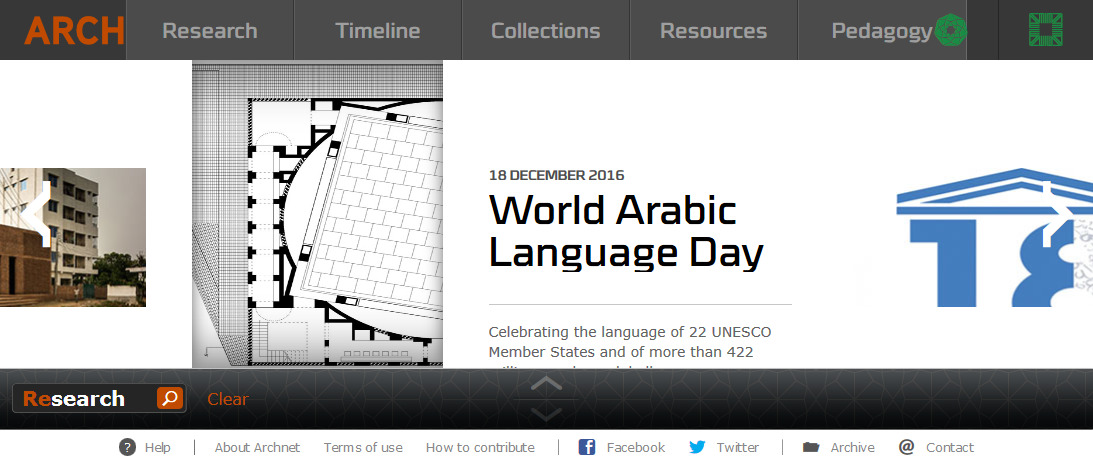 Archnet is a fully searchable database offering different search options:
Archnet is a fully searchable database offering different search options: